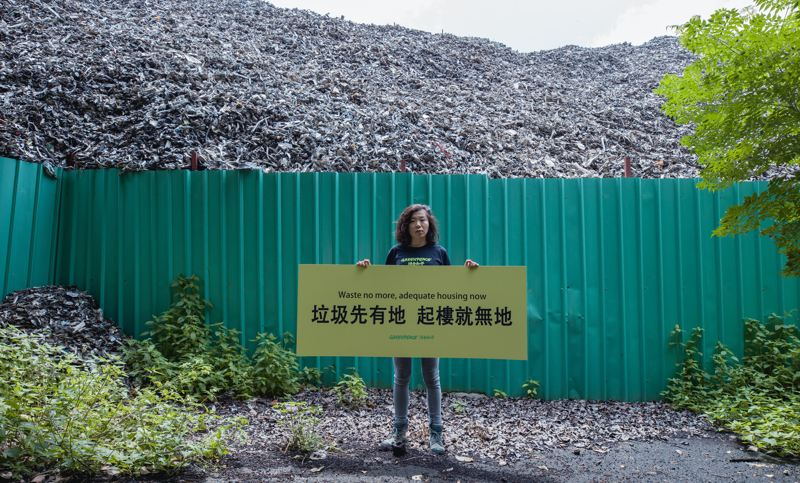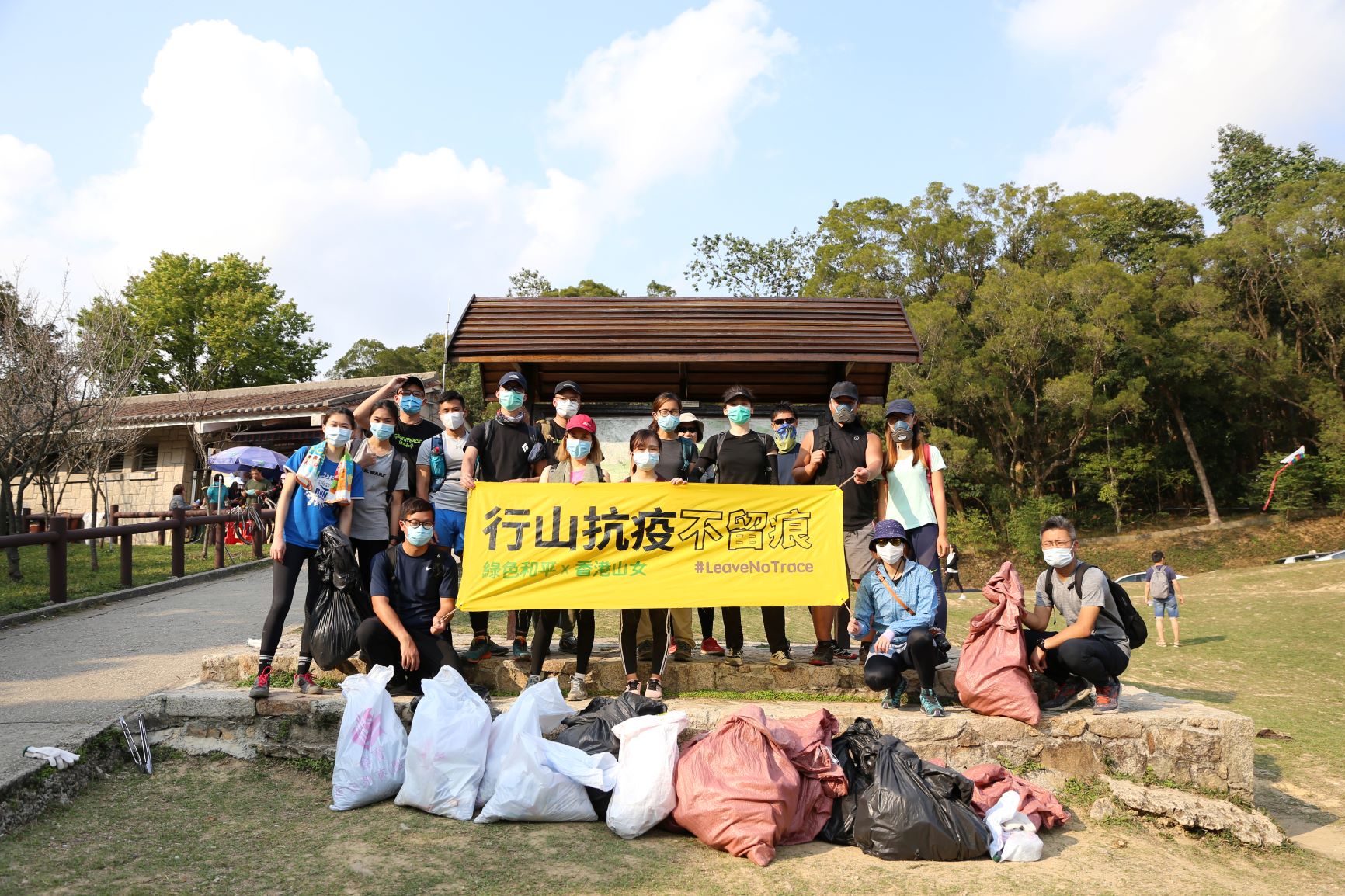Beijing, 22 March 2019 – The value of metals discarded as electronic waste in China will total $23.8 billion USD by 2030, a sum that can be reclaimed through recycling and “urban mining” at cheaper costs than retrieving the same amount of metals through virgin ore mining, according to new research from Greenpeace East Asia.
This presents a huge opportunity to generate wealth through circular economy. China is in a unique position to take advantage, since it is both a large-scale manufacturer and consumer of electronics.
Ada Kong, a Beijing-based senior program manager with Greenpeace East Asia, said: “E-waste is the fastest growing waste stream in China, and it is rich in precious metals. Generally, the three key criteria to build a functional circular economy are supply of used products, demand for recycled materials, and open lines to transport materials. China has all three in abundance.”
E-waste from computers, mobile phones, and other electronics will reach 15.4 million tons by 2020 and 27.22 million tons by 2030, growing at an average annual rate of 10.4%. To look at the potential of this waste, Greenpeace projected three different e-waste recycling scenarios for two common types of e-waste: computers and mobile phones. The first scenario, “business as usual,” keeps e-waste recycling at current rates. The second, “US 2014 target,” corresponds to recycling rates seen in the United States in 2014. The third, “EU 2019 target,” projects the European Union’s 2019 targets onto the Chinese market.
If China’s e-waste recycling rate reaches the EU 2019 target, 85% recycling of both computers and mobile phones, the amount of energy conserved through “urban mining” of recycled metals will be around 30 billion kilowatts (kWh). That would offset 22 million tons of carbon emissions otherwise generated through virgin mining. That is the amount of emissions that 52,000 flights between Beijing and New York on a Boeing 747-400 airplane would generate.
Kong said: “The economic potential of e-waste recycling is obvious. What we need now is a stable flow of used products getting to recyclers to kickstart the loop. Electronics brands enjoy wide profit margins, and should incentivize consumers to recycle unused products, and not just to discard or hold on to out-of-use products. Longer product life, including repairs and designing more durable products, is also important.”
The government, electronics brands, manufacturers, investors, and the public each can play a role to develop circular economy in China, and each can profit. Investment in the “urban mining” industry, reliable and transparent information on the recycling market, and a stronger focus on design, for more durable and repairable devices, can all support the development of an e-waste circular economy.
[1] Media briefing available here (in English). Full report here (in Chinese).
Photos from this project for media use available here.
Media Contacts:
August Rick | Greenpeace East Asia, Beijing | +86 15528189404 | [email protected]
Greenpeace International Press Desk, [email protected], phone: +31 (0) 20 718 2470 (available 24 hours)



